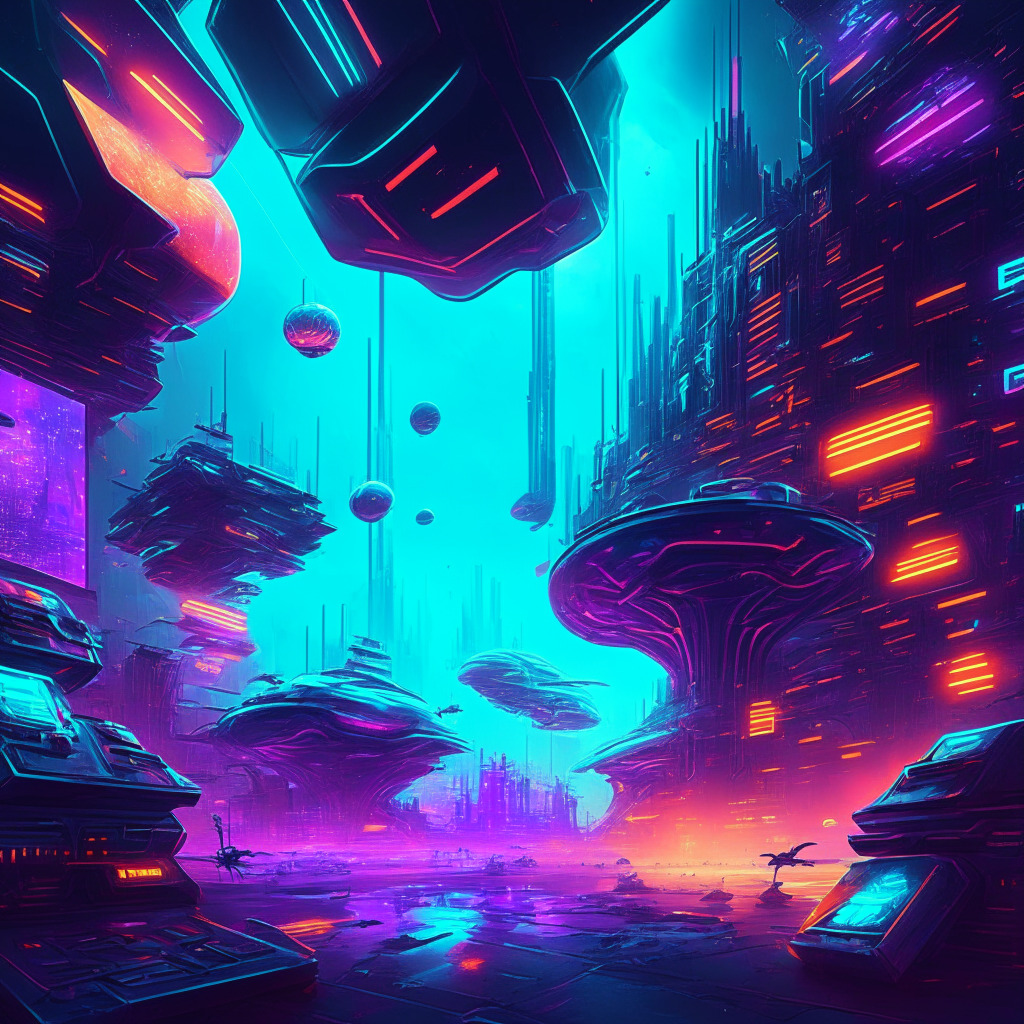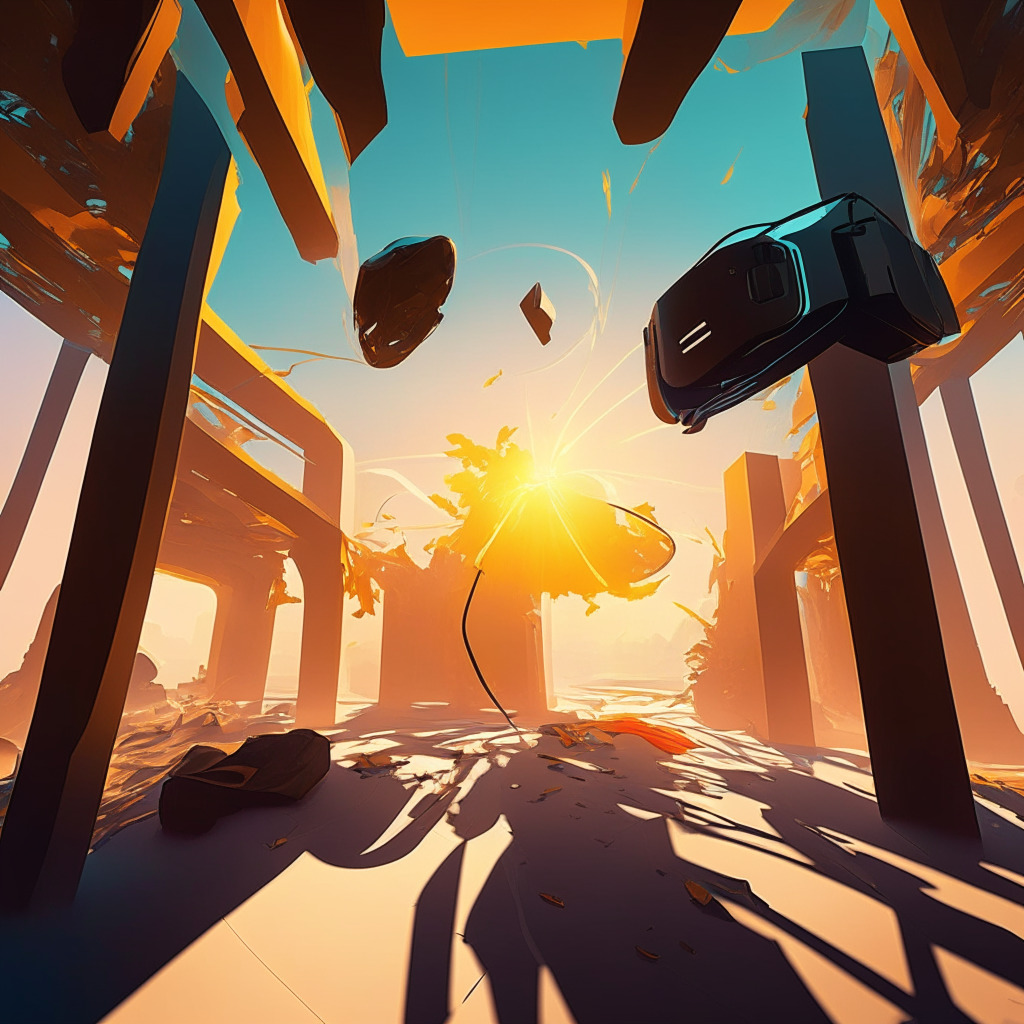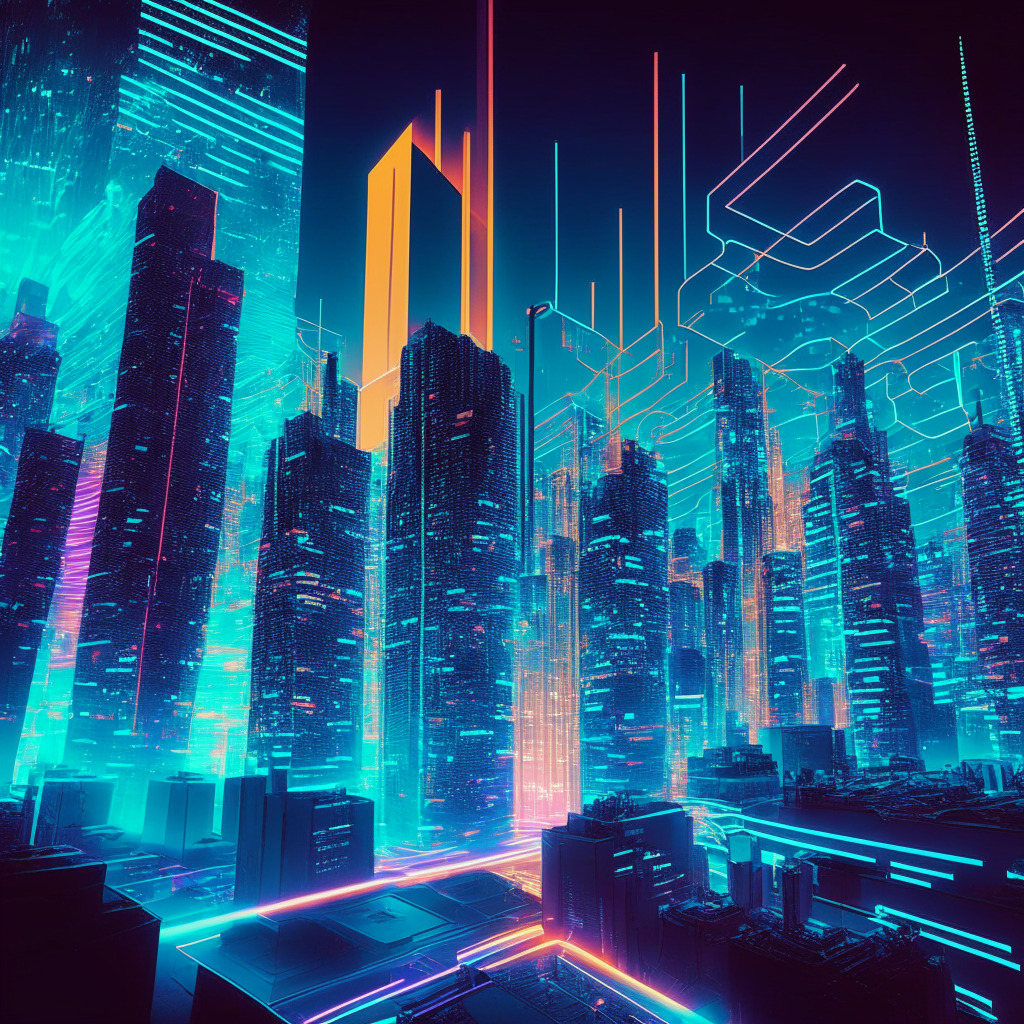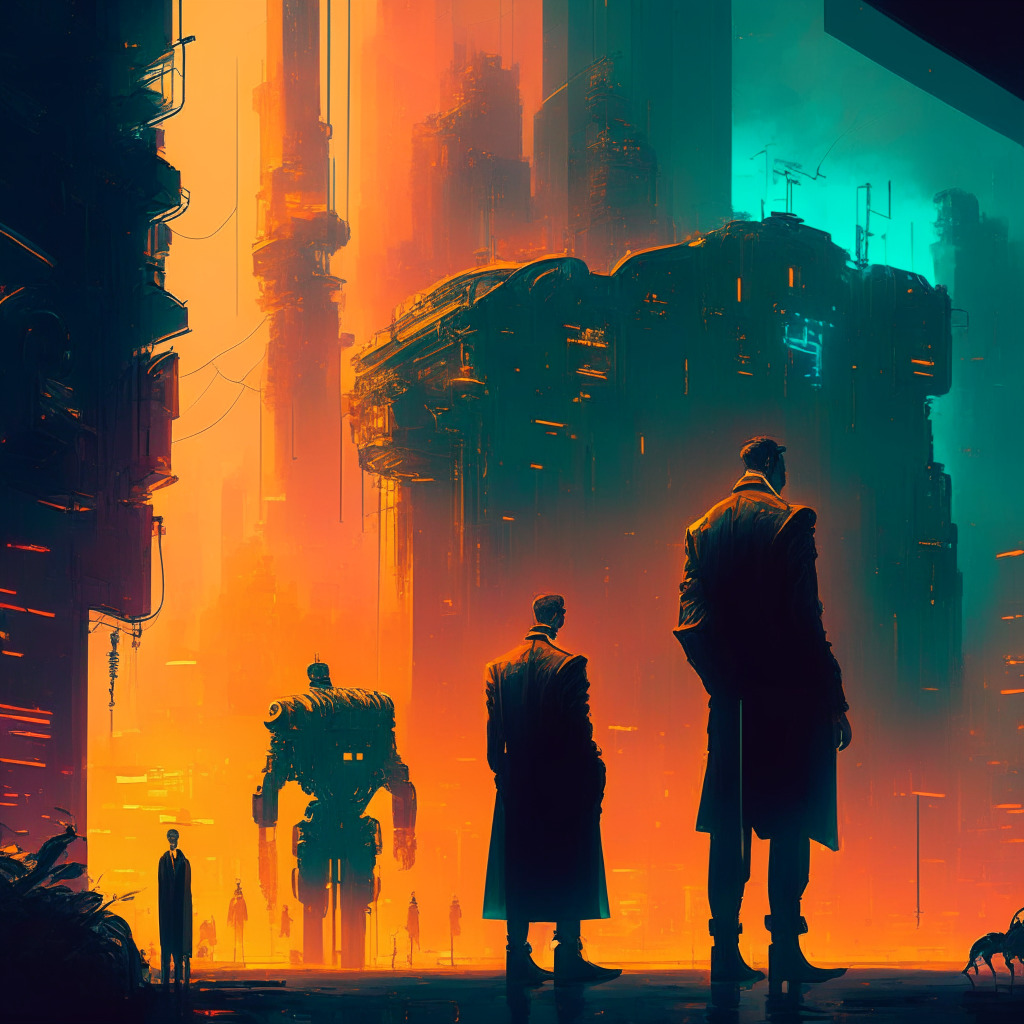Over the past few years, the fascinating fusion of blockchain technology and the gaming industry has captured the interest of tech enthusiasts worldwide. Many believe that this revolutionary combination has the potential to reshape the gaming landscape as we know it. However, this emerging technology does not come without its fair share of challenges and skepticism. In a recent candid chat with Kate Irwin of Decrypt, Chris Clay, Immutable VP and Gods Unchained Game Director, offered some interesting insights drawn from his 23 years of experience in the gaming industry.
With the rapid evolution of both the gaming and blockchain space, the discussion around the potential impact of non-fungible tokens (NFTs) on gaming has become increasingly prevalent. NFTs, unique digital assets built on blockchain technology, offer the promise of true ownership and value to in-game items and collectibles; a far cry from traditional gaming models where players have limited control over their virtual possessions.
The integration of NFTs into gaming could enable fairer, decentralized marketplaces for trading virtual goods, which offers obvious potential for growth and revenue generation. However, there are concerns about the scalability and security of these new systems, as well as potential pitfalls for newer developers entering the space. With that in mind, it’s essential to approach developments with cautious optimism.
Clay’s 23-year journey through the gaming industry, including his current involvement with Immutable, has granted him insights into the potential of blockchain technology within gaming. He has witnessed firsthand the frustration of players unable to sell or trade their in-game items in an open marketplace. Through his work on the Gods Unchained game, he aims to deliver an experience where players can enjoy the benefits of NFTs while still providing an engaging and entertaining gameplay experience. However, with the novelty of using NFTs to power games brings the challenge of balancing the technology’s advantages with traditional gaming features.
One area where skepticism emerges is the role of blockchain and NFTs in mainstream gaming. Although many proponents argue that blockchain technology is the future of gaming, older, well-established gaming companies are yet to publicly embrace the technology. As a result, there’s still a potential uphill battle for broader acceptance of blockchain-based gaming solutions.
Nonetheless, Clay remains optimistic about the opportunities presented by the intersection of gaming and blockchain. He highlighted the importance of ensuring that NFTs do not detract from the core gameplay experience, stating that a successful balance would generate more powerful player-driven in-game economies and engaged communities. He also hopes that his work on Gods Unchained and Immutable can demonstrate, on a scalable level, the benefits of adopting blockchain and NFTs in gaming.
In conclusion, the marriage of gaming and blockchain technology introduces both exciting possibilities and challenges. As proven by industry veterans like Clay, it’s essential to strike a balance between harnessing the power of NFTs and providing an engaging gameplay experience. Ultimately, the future of blockchain-based gaming will heavily rely on the industry’s ability to adapt and evolve with these technologies.
Source: Decrypt




